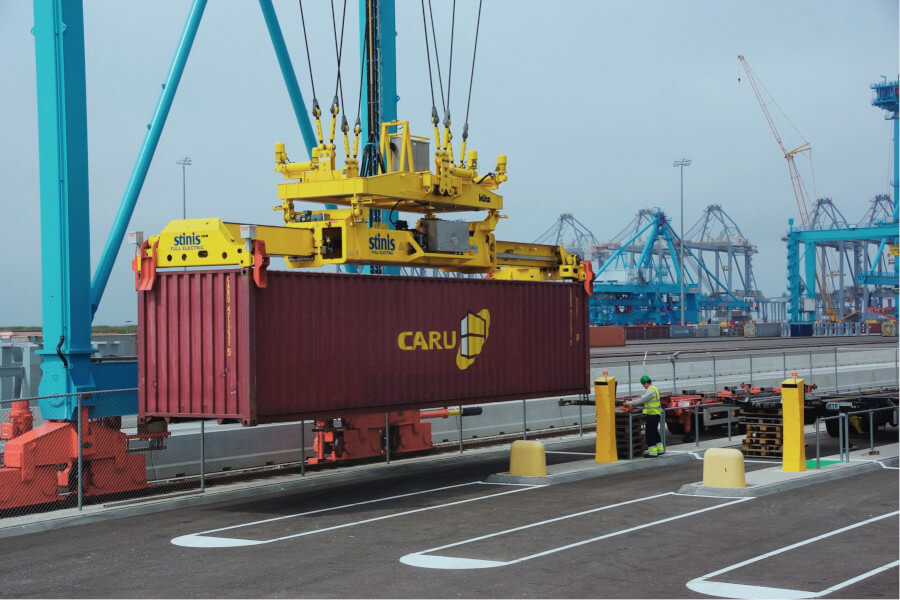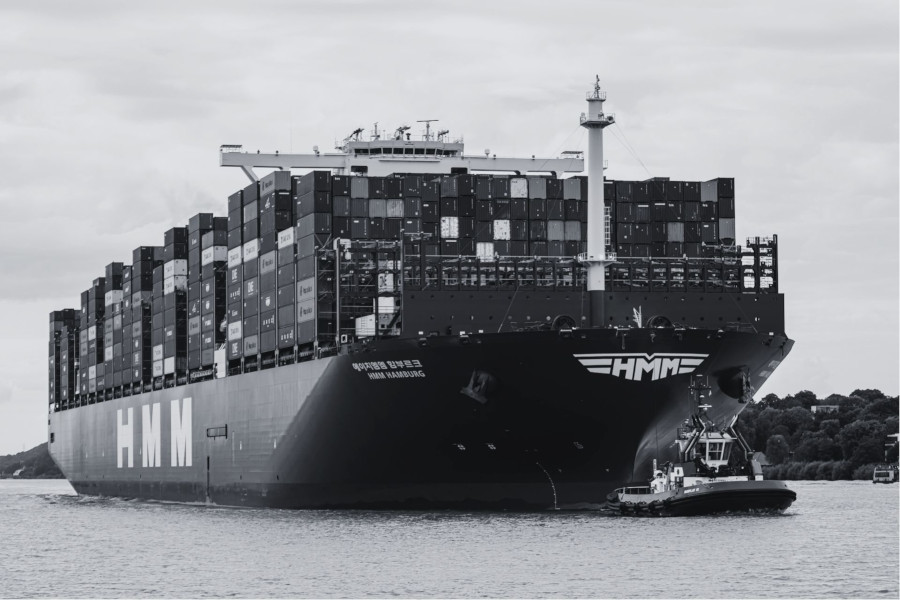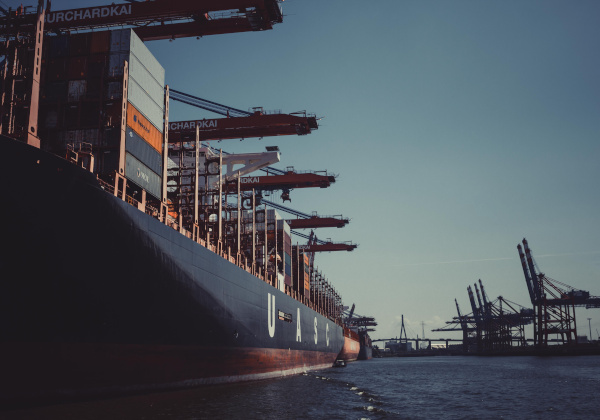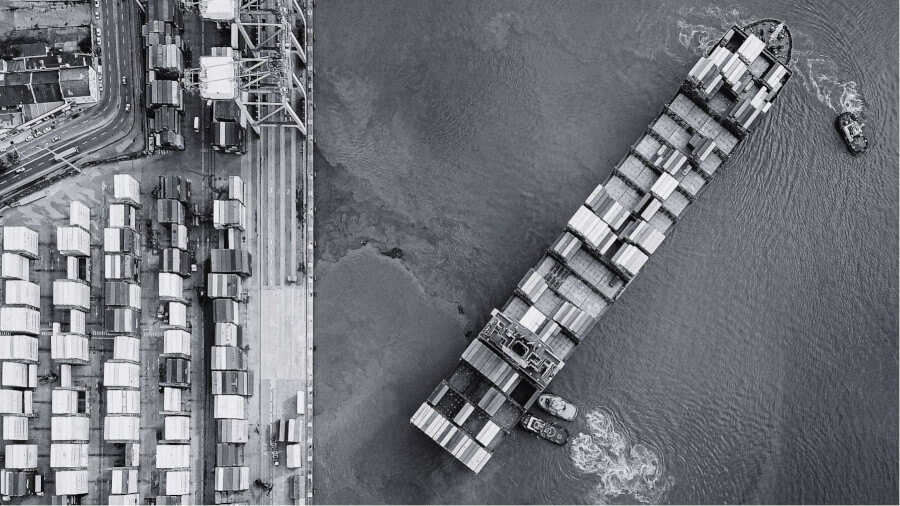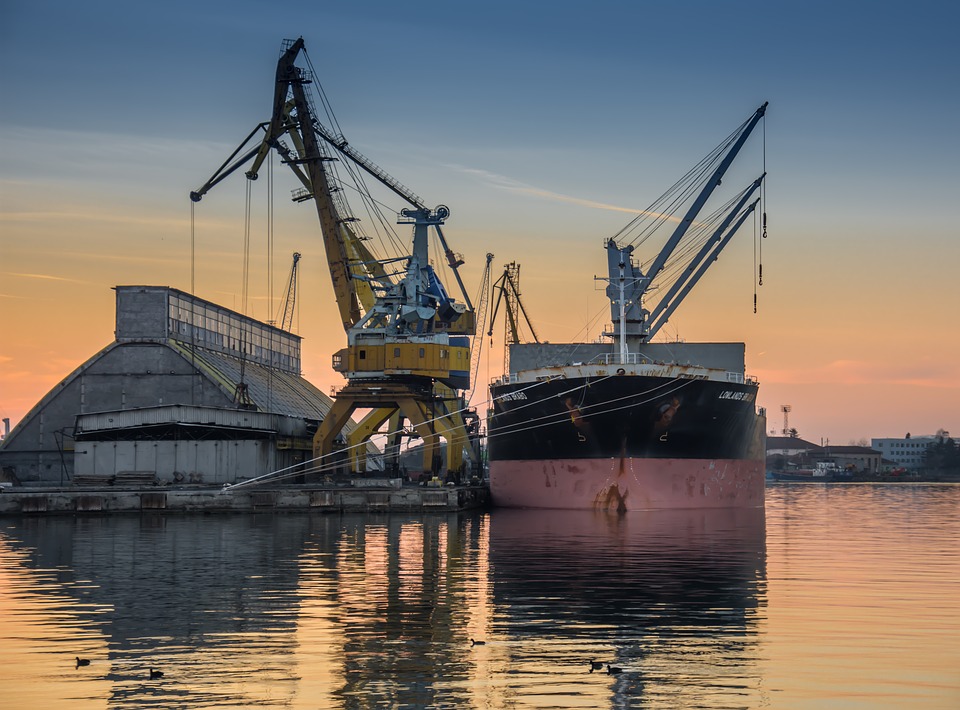Impact of Global Crises on the Supply Chain
In recent years, the global supply chain has faced a series of unprecedented challenges. From the COVID-19 pandemic to geopolitical tensions like Brexit and the conflicts in Ukraine and Gaza, companies have been forced to adapt their logistics strategies to survive in an uncertain environment. These events have highlighted the importance of logistics as a key strategic component within companies, leaving behind its former role as a mere cost centre.
The Rise of Digitalization in the Supply Chain
In response to these challenges, digitalization has become an essential tool for improving the efficiency and resilience of supply chains. Companies in the logistics sector, such as Acirfa Shipping International, have adopted advanced technologies that enable better resource management and more informed decision-making. Digital tools that integrate information on commodity prices, demand behaviours, and transportation costs are helping companies anticipate scenarios and mitigate risks.
Industry Challenges: Truck Driver Shortages and Transportation Costs
One of the most persistent problems in Spanish logistics is the shortage of truck drivers, a challenge that has been exacerbated by recent crises. The difficulty in retaining drivers for long-haul transport has led to increased transportation costs, prompting companies to seek alternatives such as rail and maritime transport. In this context, Acirfa Shipping International has strengthened its network of air and sea transport, offering cutting-edge logistics solutions that adapt to the changing needs of the market.







